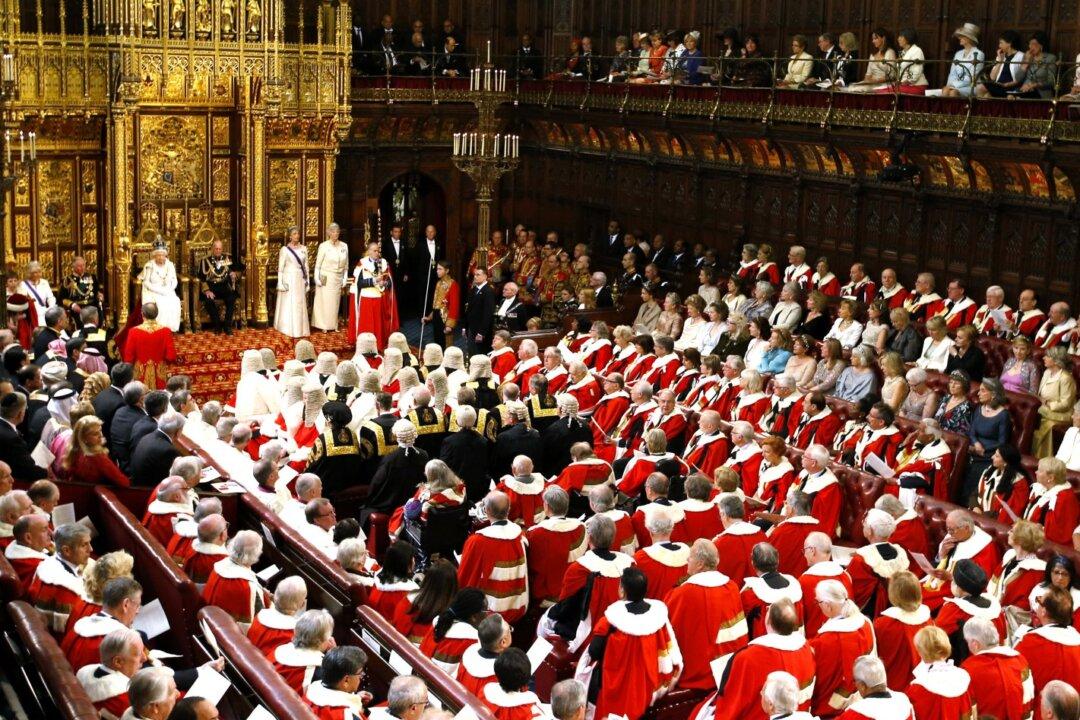The House of Lords, a major tenant of British democracy as the second chamber of the UK Parliament, has sent out an “Inclusive Language Guide” to its members on what words they can use and ones they should avoid.
The House plays a crucial role, in questioning government action and investigating public policy with the power to delay or amend bills.




